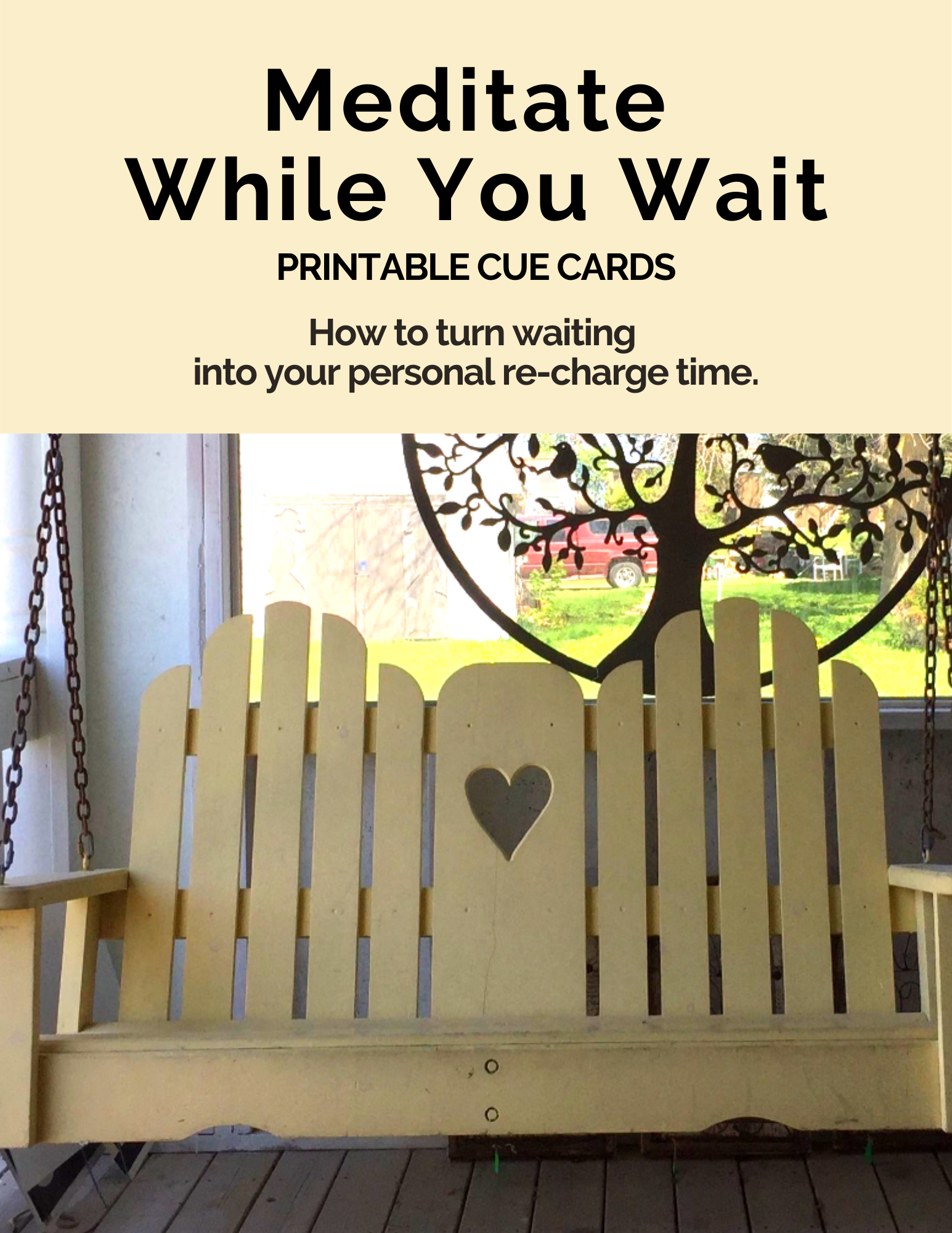Have you ever said, or heard someone say, "Deep breathing doesn't work"?
This got me thinking about habits like say, brushing your teeth. If you only do it occasionally you could say that it doesn’t really work either.
Why is it so hard to develop a new habit?
There’s a lot of information about how to change a BAD habit but what about building a new one from scratch?
Let’s face it, we already know what’s good for us.
Try this:
Think about a new habit that you’ve been trying to add to your repertoire.
Got it?
Now see if the journey below sounds familiar.
We know how to do the thing.
We can even figure out when.
We sort of know why.
But still we don’t do it, at least not regularly.
Here come the excuses…
No time.
Too tired.
Forget.
Too hard.
Not urgent enough.
Then…
We feel guilty.
We feel defeated.
We’re okay without it.
We forget about it all together.
Until…
We realized we need it.
Something’s got to change.
AND WE START AGAIN!
YAY! WE START AGAIN!
This is so important that you need to say it out loud, tweet it, Instagram it or throw it up on Facebook, but share the message loud and proud:
“It’s okay to start again!”
Life’s a journey, you’re on your path, enjoy each day as it comes, try and try again…I know, you’ve heard it all before.
My all-time favourite way to fire up a new habit is to anchor it to something I’m already doing.
Let’s say you want to remember to practise your deep breathing. Maybe anchor it to when you get into bed, or just before you brush your teeth, or when you park car, or just before the first sip of your morning coffee?
Stress is going to wear you out!
Deep, diaphragmatic breathing triggers the parasympathetic nervous system which boosts the immune system, digestion, your pre-frontal cortex, where you have access to deep thinking, new ideas and more compassion. Click here for my infographic on the benefits.
Now back to the quote at the top of the page, “Deep breathing doesn’t work for me.”
If we only try to breathe deeply during a crisis of anxiety or extreme stress, there’s a chance deep breathing won’t help. The calm deep breath we’re talking about here, is best used as a preventative tool.
We want to build up our emotional resilience and actually change our brain so that the challenges of our life don’t overwhelm us and set us up for stress, illness, worry and suffering.
The more you use this calming tool, the more you and your body will benefit!
Helping you smooth out your day!
Michele







